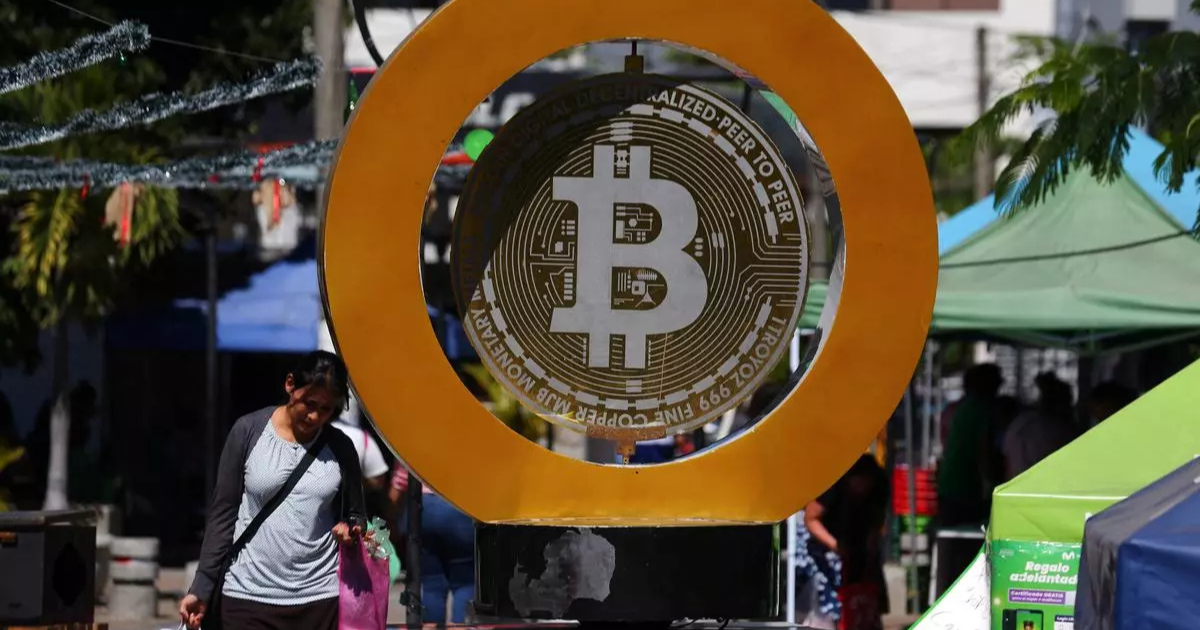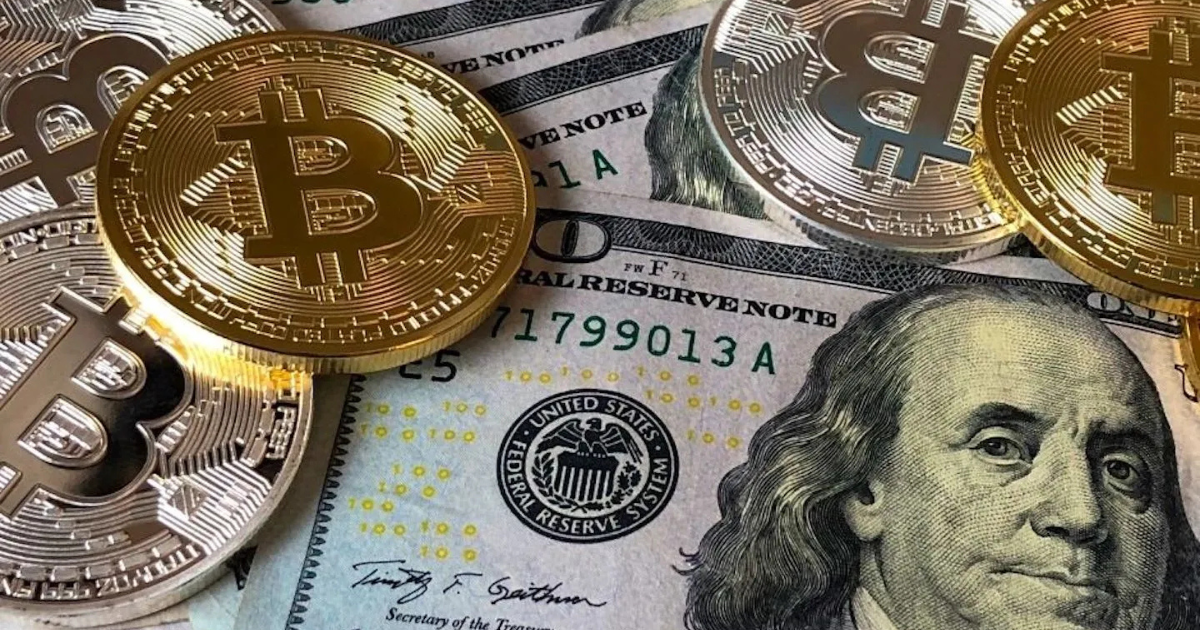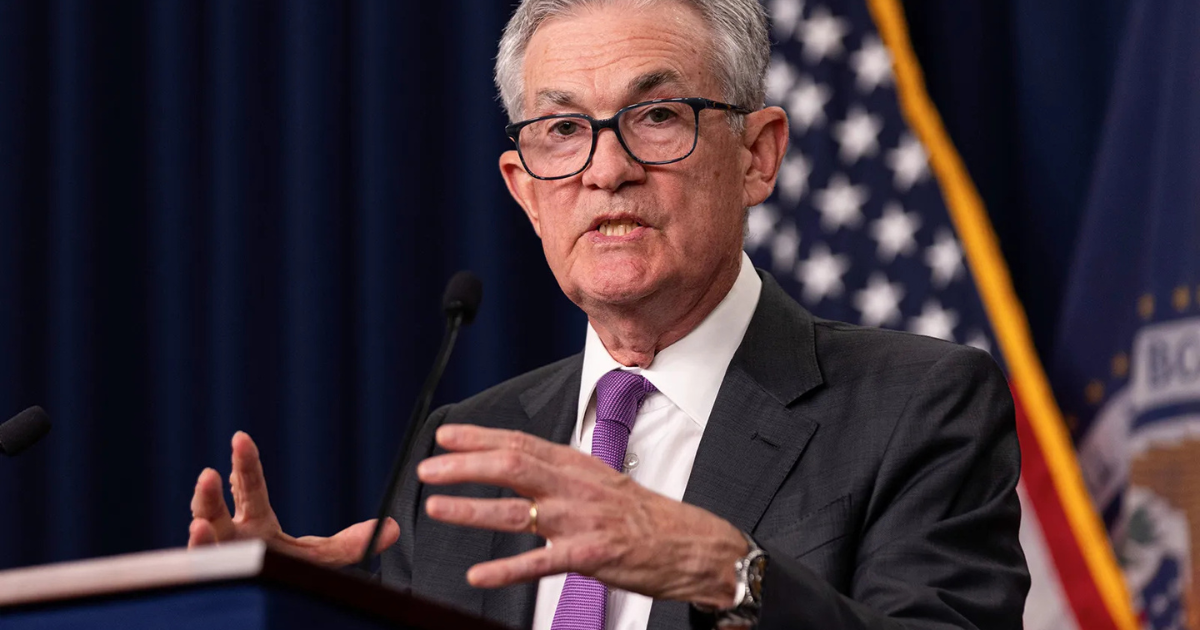Chair Jerome Powell’s hard stance against Federal Reserve Bitcoin ownership sparks debate. That remarks reinforce the standing of the central bank on cryptocurrency holdings.
Powell, meanwhile, said in a recent press conference about rising speculation of government involvement in digital assets. Such ownership is not legally allowed for the Federal Reserve, he said.
Key-Takeaways:
- The Federal Reserve cannot hold Bitcoin without the approval of Congress, Jerome Powell added, while the bank preserves its focus on traditional monetary policy.
- The comments sparked a drop in cryptocurrency values, and political figures clamour to work with Bitcoin and the government.
Current Restrictions and their Legal Framework
 The central bank that set up the Federal Reserve Act can’t go out and look for a cryptocurrency investment for you because you’re not allowed to hold cryptocurrencies as an investor or otherwise. Federal Reserve ownership of Bitcoin would need to be approved by Congress to change current laws, Powell clarified.
The central bank that set up the Federal Reserve Act can’t go out and look for a cryptocurrency investment for you because you’re not allowed to hold cryptocurrencies as an investor or otherwise. Federal Reserve ownership of Bitcoin would need to be approved by Congress to change current laws, Powell clarified.
But he emphasized that the Fed is not pushing these changes. This reflects the evident difference between central banking practices and speculative digital assets.
A firm stance against Federal Reserve Bitcoin ownership caught the cryptocurrency market off guard following Powell. The price of Bitcoin fell by 5.7 percent to $100,300.
Other major cryptocurrencies also followed suit. Fellow prominent tokens fared similarly, with Ethereum taking a 6.8% drop.
The sensitivity of the market to regulatory positions is well demonstrated by this sharp reaction.
While the Fed still holds its stance, political leaders have called for the creation of a national Bitcoin reserve. President-to-be Donald Trump supports a Strategic Bitcoin Reserve and thinks it should begin with 200,000 seized tokens, worth $21 billion.
Others, including Senator Cynthia Lummis, have called on the government to own Bitcoin. Her proposed legislation calls for the purchase of 200,000 bitcoins annually until Treasury reaches one million tokens.
Monetary Policy implications
 It is a debate over the Federal Reserve Bitcoin proof of reserve, reflecting changing money policy in the digital era. The Fed sticks to its traditional course of action, and cryptocurrencies are gaining ground in the mainstream.
It is a debate over the Federal Reserve Bitcoin proof of reserve, reflecting changing money policy in the digital era. The Fed sticks to its traditional course of action, and cryptocurrencies are gaining ground in the mainstream.
Regulatory sandboxing presents a fresh challenge for regulatory frameworks in this growing adoption. These emerging dynamics need to be met by the change in central banking practices without compromising stability.
The Fed continues to focus on assessing the crypto impact on the banking sector’s stability. But its current mandate does not involve direct involvement in digital assets.
The discussion around Federal Reserve Bitcoin ownership is just a snapshot of the clash between digital assets and traditional finance. The central bank, however, is firmly against holding cryptocurrencies.
This position may be able to shift with legislative changes. But Powell’s remarks suggest the Fed will stick to its conventional mandate rather than taking the plunge into digital assets.
The market analysts say the Fed’s definitive stance on the matter provides some clarity for investors and institutions. This helps them navigate the fast-moving landscape of traditional finance versus digital assets.
It’s likely that the Treasury District would handle future government cryptocurrency initiatives. Efforts such as these would need congressional approval and provide funding through new debt issuance.
Digital assets have gained mainstream traction, and the financial community follows closely the evolving regulatory landscape. Institutions are turning to the way such clear policies, like the Fed’s, for instance, are playing out in these markets.
This delineation is being adapted to by investment firms and banks. Meanwhile, they are still balancing out cryptocurrency opportunities with what one would call traditional financial operations.
Reflecting these changes is the continuing evolution of the financial system and regulatory architecture. While the immediate market response impact is substantial, this change is more than a market response; it is the product of wider changes in what finance has come to mean.
The fed’s stance is clear, while some pressure the institution to push for greater institutional involvement in cryptocurrencies. This reinforces the boundaries between central banking and digital assets that already exist.
Conclusion
As the Fed continues to focus on traditional monetary policy and Federal Reserve Bitcoin ownership, it looks unlikely. It brings market clarity and simultaneously frees innovation in digital assets outside central bank involvement.
What impacts could the Federal Reserve’s stances on Bitcoin have on digital asset regulation, innovation, and our future?











